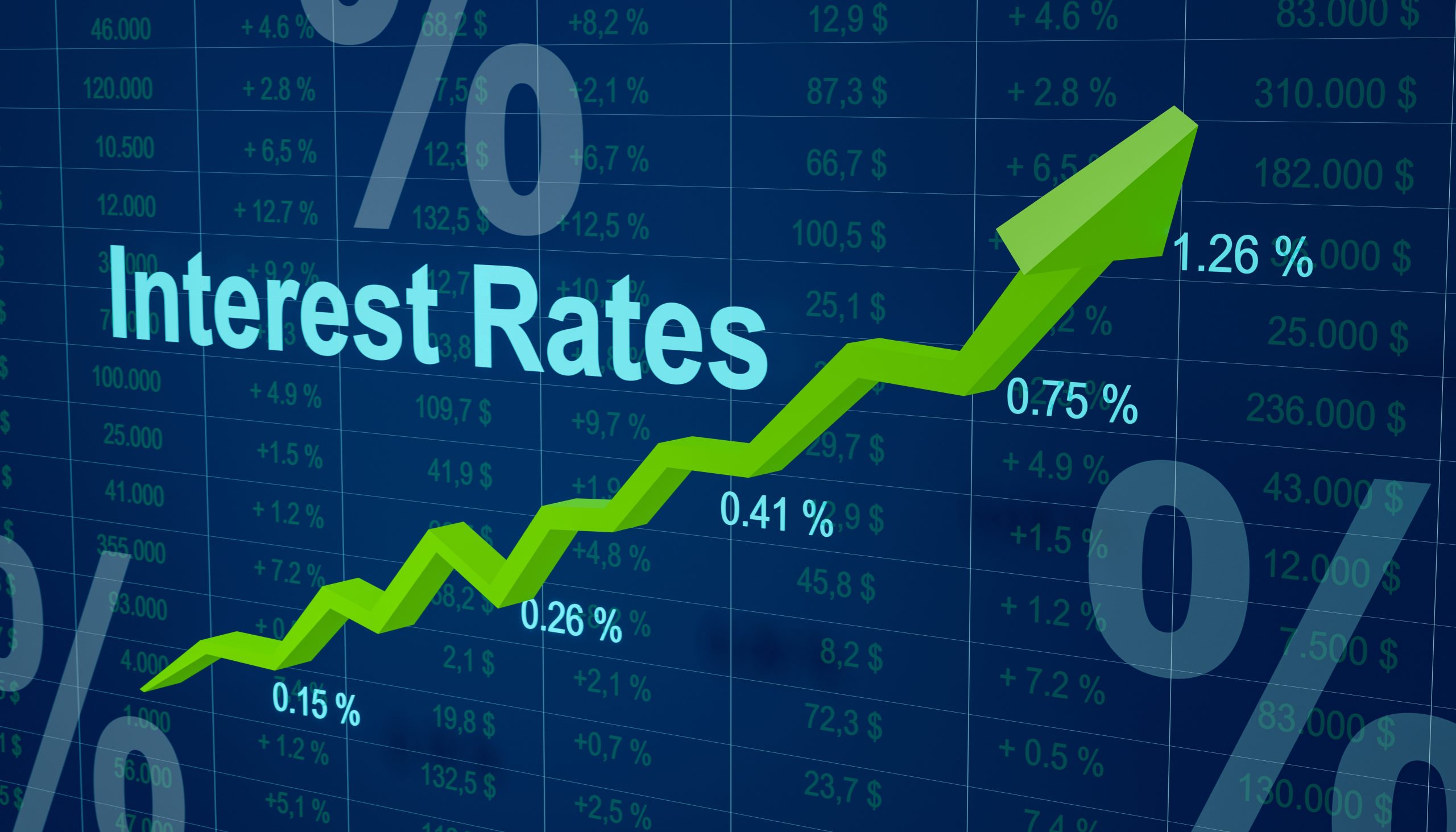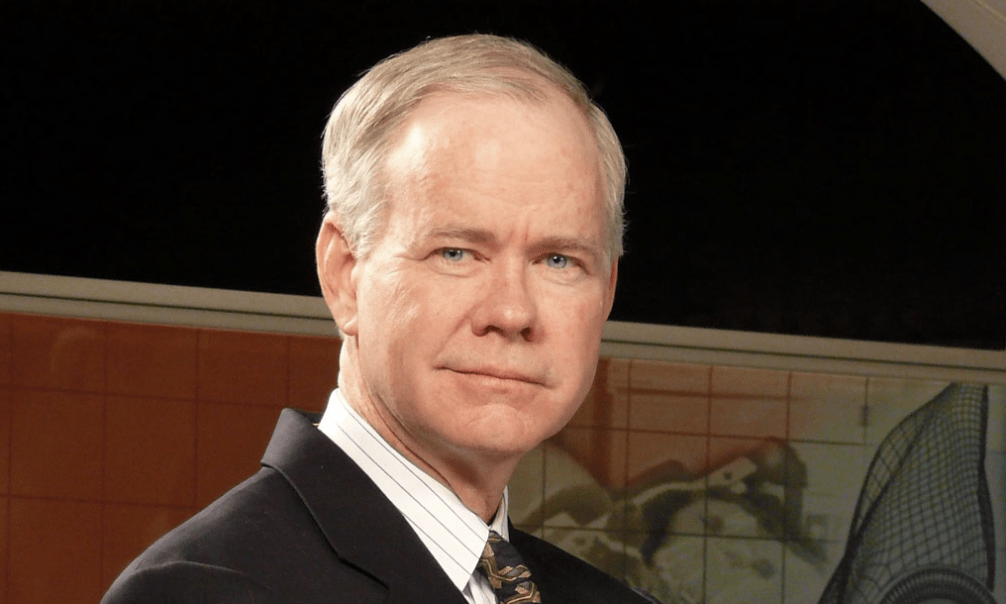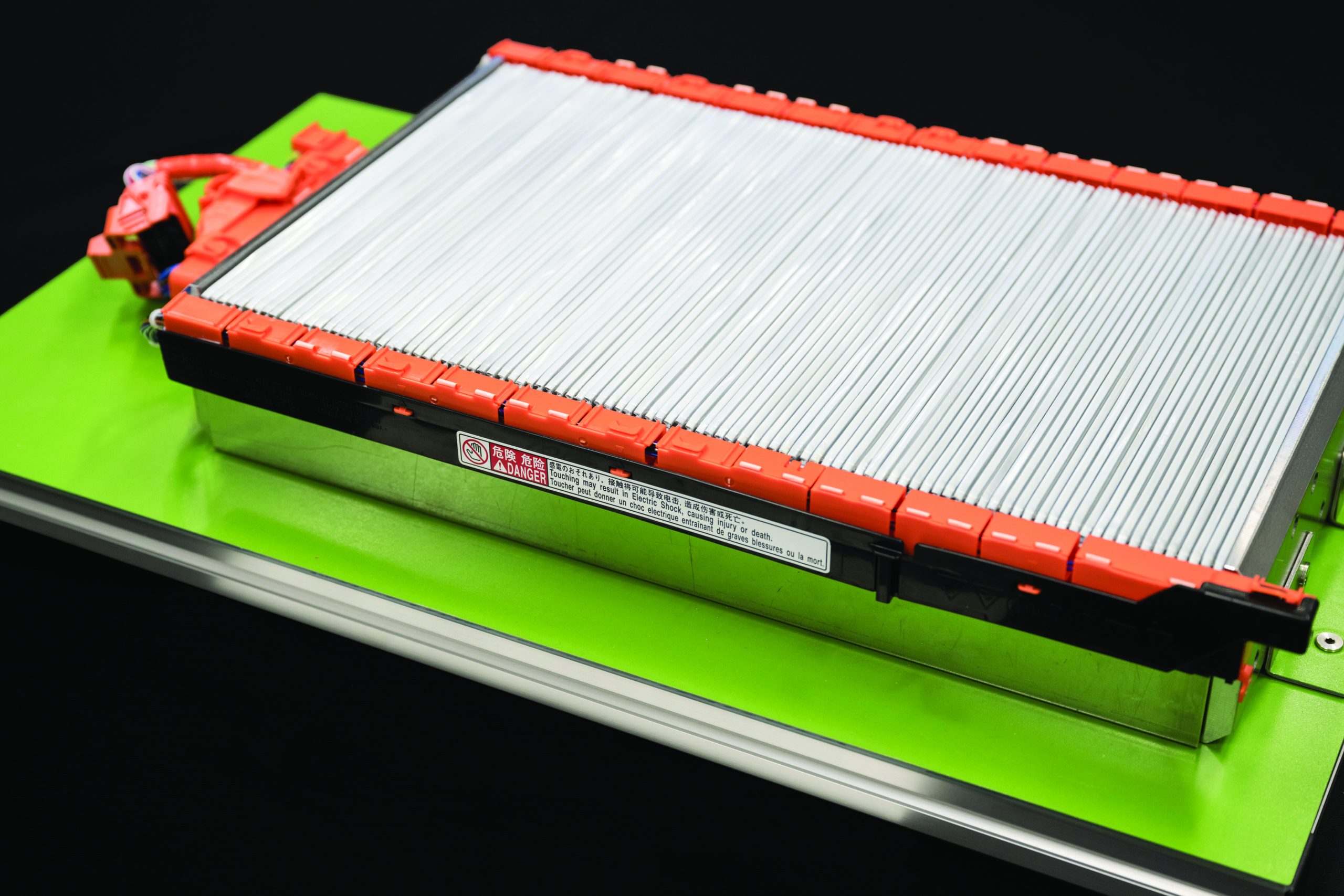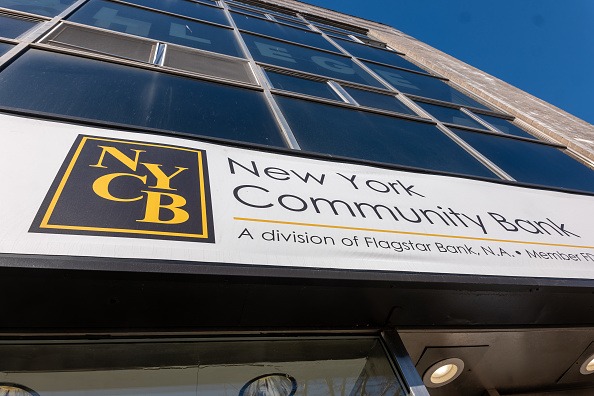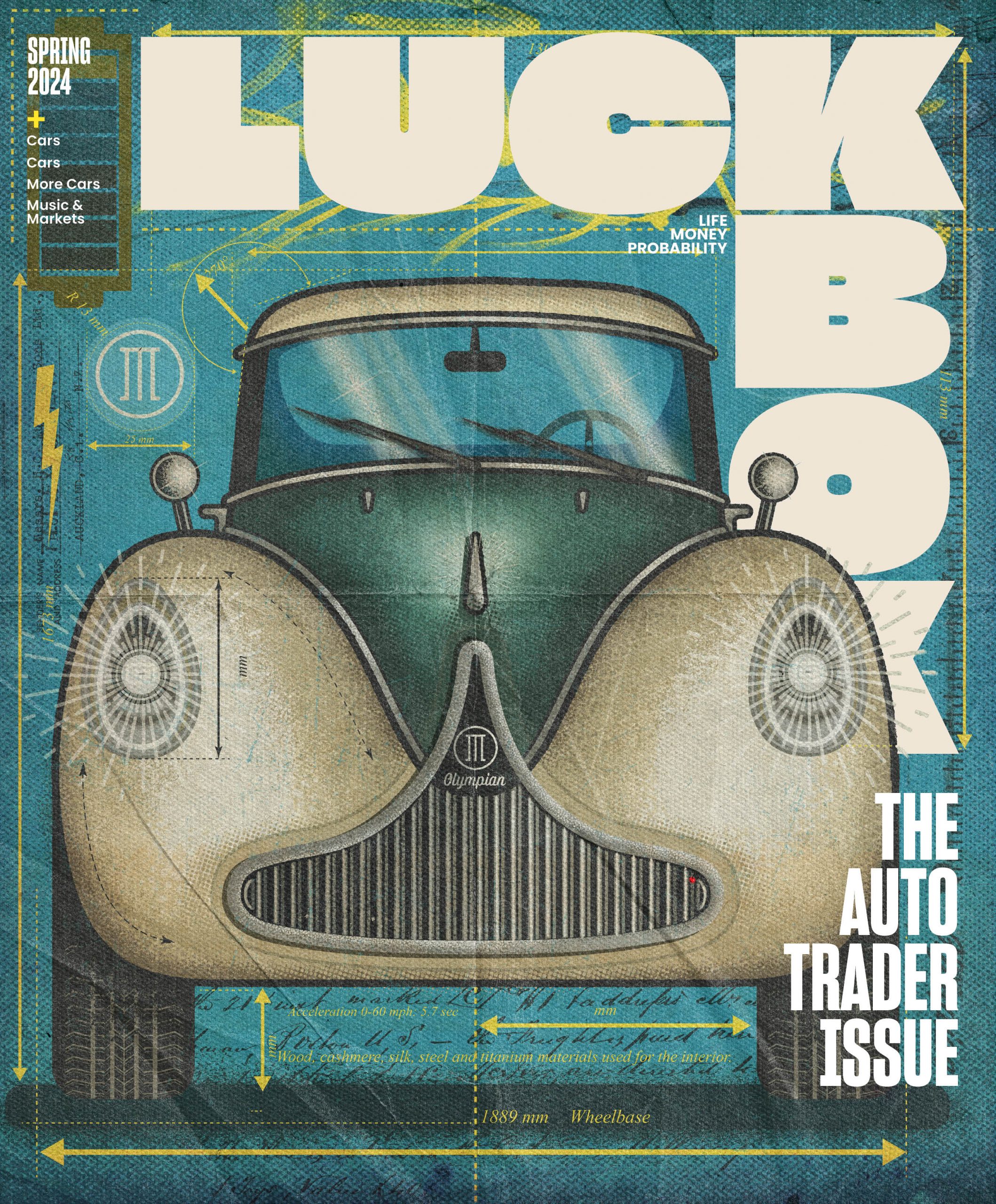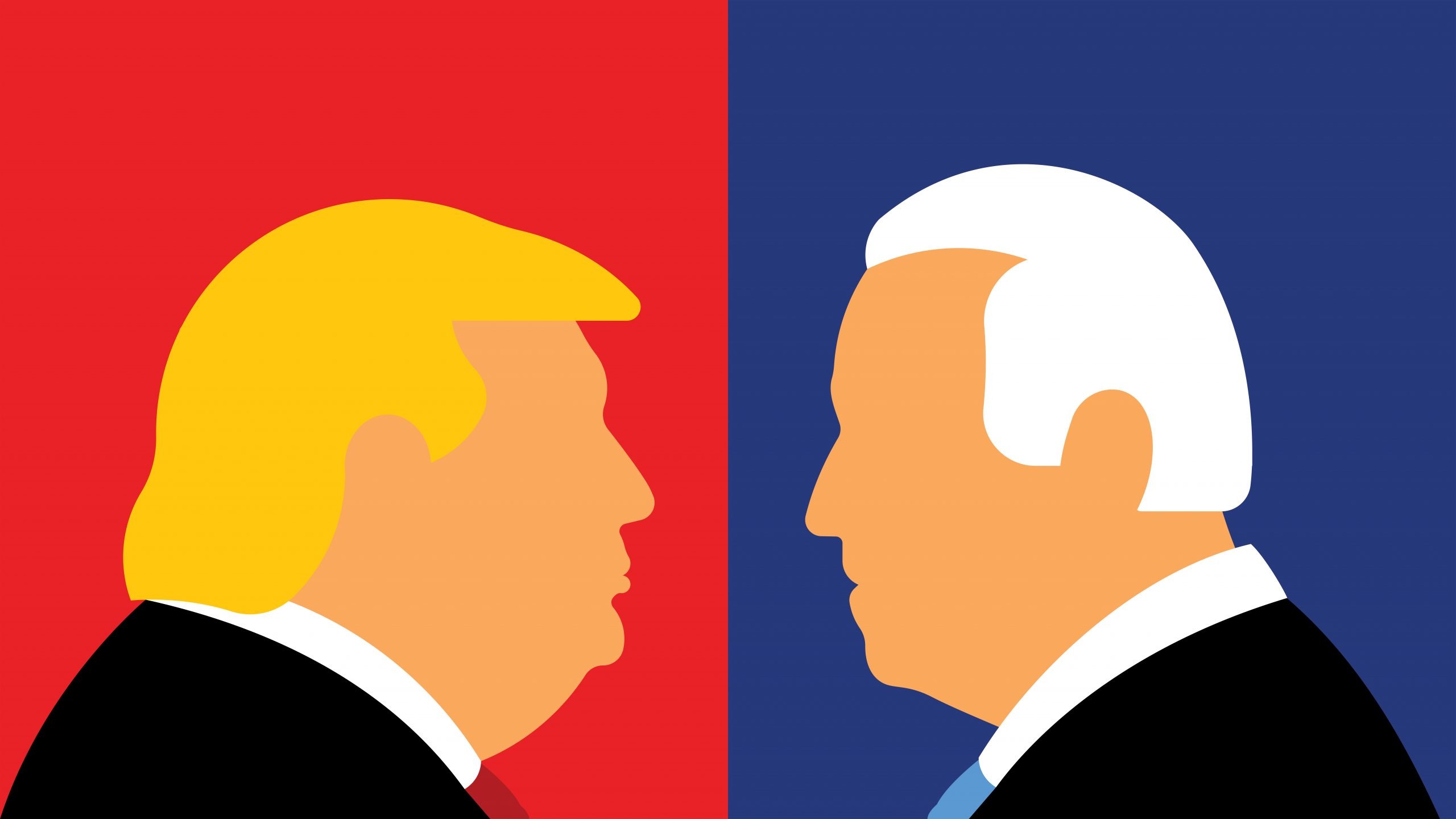Tom’s Take
If 2018 started with a boom, it ended with a thud. The S&P 500 closed the year just shy of 2500, down nearly 8% and a far cry from the 21% gains notched in 2017. The fourth quarter was one of the most volatile periods in recent memory. Yes, volatility returned in all its glory. After spending much of 2017 below 12.5, the mean on the VIX rose over 30% in 2018 to 16.5. luckbox sat down with Tom Sosnoff, co-CEO of tastytrade, to get his thoughts on the remainder of 2019.
The late John Bogle, who founded Vanguard and invented index funds, warned before his passing that corporate ownership of index funds may soon exceed 50%, which in his view “would not be in our national interest.” Your thoughts?
Tom Sosnoff: I didn’t agree with Bogle on a lot but on this one I absolutely agree. Passively investing money does nothing to help anyone. We learned that with the housing bubble when everyone just bought homes thinking they couldn’t go down in value. We’re seeing the same paradox with passive index funds. No one understands the risk and no one is doing anything to prepare for an eventual pullback in the markets. Our theme at tastytrade is centered around enabling self-directed retail traders so they understand how to maximize their money and how to recognize and assess risk/reward.
Do self-directed investors really need another brokerage firm?
Of course not. Does the world need another fast food restaurant or another airline or whatever? The answer is always no until you see what innovators and disruptors can do to static, stale industries. Then, as consumers you are forever grateful. tastytrade has not only challenged the brokerage industry with HFT technology but it’s also changed the nature of live content and it’s lowered fees for customers of every firm.
I’m getting short bonds. As a contrarian,
I’ll get long on some of the worst performers of 2018. I’m also looking to get long small caps versus the S&P 500.
Are Google and Amazon getting too big? Should they be split apart? I’m not sure it’s a matter of too big. I think it’s more that both are ripe for disruption. Neither company has really been challenged. But no company enjoys a monopoly forever.
That’s just the nature of capitalism and the competition it facilitates. As these companies grow, they become less nimble and it becomes easier for a disruptor to enter the market and exploit inefficiencies. I’ve been saying for the last year that Amazon is ripe for disruption and I still think that’s the case.
Looking forward to the next six to 12 months, where do you see the greatest opportunities?
I think the flattening yield curve will begin expanding and long-term rates will rise more than short-term rates. Expect across-the-board volatility contraction. Crude oil and its respective stocks. I’m getting short bonds. As a contrarian, I’ll get long on some of the worst performers of 2018. I’m also looking to get long small caps versus the S&P 500.
How are you positioning yourself to take advantage of those opportunities?
Staying small and playing all my core hunches. You never know which ones will work out. It’s all about creating enough occurrences for the math to play out.
What else can you tell us about your philosophy of frequent small trades? We all have opinions and beliefs, but that doesn’t mean they’re right. I’ve been doing this a long time and learned my opinions are right, at best, half the time. That doesn’t mean they aren’t worth trading against, but it does mean I should trade against them intelligently, which means staying small. I don’t want one opinion to upset the apple cart, so to speak, if it doesn’t work. By staying small and spreading my trades out in a number of places, I can lower the volatility of my returns and increase my probabilities of being right.
We saw the return of volatility at the end of 2018. Many thought volatility was dead and we had experienced a paradigm shift.
Do markets ever really change or do they just do a better job of convincing people they’ve changed? It’s never “different this time.”
I know it’s a cliche but the markets are always searching for reasons and explanations. Sometimes the stocks just win.
What can active investors do to improve their performance?
Stay small. No hero crap. This year will continue to be a trader’s market. I expect plenty of two-sided tape action, so staying with solid mechanics is the key.
Where will the E-mini S&P 500 futures (/ES) be at the end the year?
At 2350 to 2400.
Is there anything you would advise buying and holding?
Not intentionally. Our style of trading is based on taking advantage of the difference between implied volatility and realized volatility. We aren’t attempting to value a company or industry because it can’t be proven that provides reliable returns. However, taking advantage of liquid underlyings where implied volatility is high, relative to where it typically rests, is something we can more consistently rely upon. So, if I’m buying and holding something, it usually means a trade isn’t working out.



